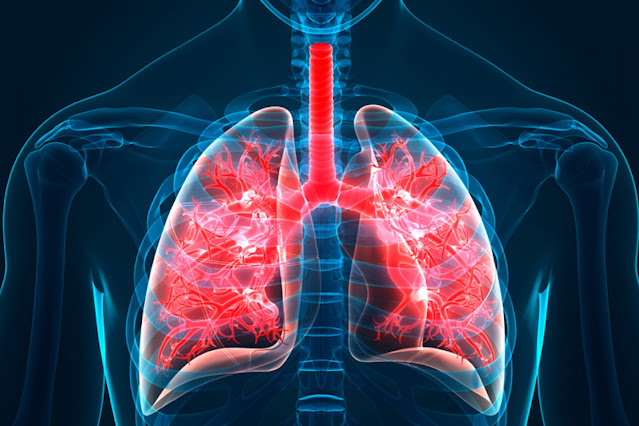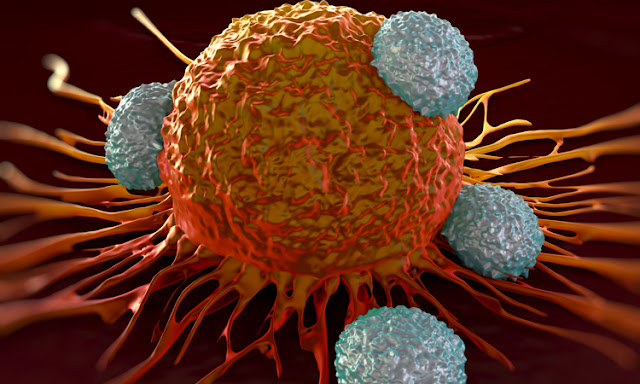Cystic Fibrosis Can Damage the Digestive System and the Lungs
Cystic Fibrosis is a genetic disease that affects the respiratory, digestive, and reproductive systems. It is caused by mutations in the CFTR gene, which regulates the transport of salt and water in cells. This leads to the production of thick, sticky mucus that clogs the lungs and other organs, making it difficult to breathe and increasing the risk of infections. In this article, we will explore the causes, symptoms, and treatments for CF.
CF is caused by mutations in the CFTR gene, which is responsible for producing a protein that regulates the flow of salt and water in cells. When this protein is faulty or absent, it can lead to the production of thick, sticky mucus that clogs the airways and other organs. The disease is inherited in an autosomal recessive pattern, which means that a child must inherit two copies of the defective CFTR gene (one from each parent) to develop the disease.
Cystic Fibrosis can be diagnosed through a combination of genetic testing, sweat testing, and lung function testing. Genetic testing can identify mutations in the CFTR gene, while sweat testing can measure the level of salt in a person's sweat (which is typically elevated in people with CF). Lung function testing can assess the severity of respiratory symptoms and provide information about how well the lungs are functioning.
Here is currently no cure for CF, but there are a variety of treatments that can help manage the symptoms of the disease and improve quality of life. Airway clearance techniques are exercises and devices that help loosen and remove mucus from the lungs, making it easier to breathe.
The need for CF therapy will increase as the number of CF cases increases, which will accelerate the expansion of the Cystic Fibrosis Market as a whole over the course of the projected period.
Antibiotics and other medications can help prevent and treat lung infections, while other medications can improve lung function and reduce inflammation. People with CF may require additional calories and nutrients to support growth and weight gain and may need to take enzymes to aid in digestion. In severe cases of CF, a lung transplant may be necessary to improve breathing and quality of life.
Despite the challenges posed by Cystic Fibrosis, there have been significant advances in the treatment and management of the disease in recent years. New medications, such as CFTR modulators, have been developed that can improve lung function and quality of life for people with certain types of CF. In addition, researchers are continuing to explore new treatments and potential cures for the disease through gene therapy and other approaches.




Comments
Post a Comment